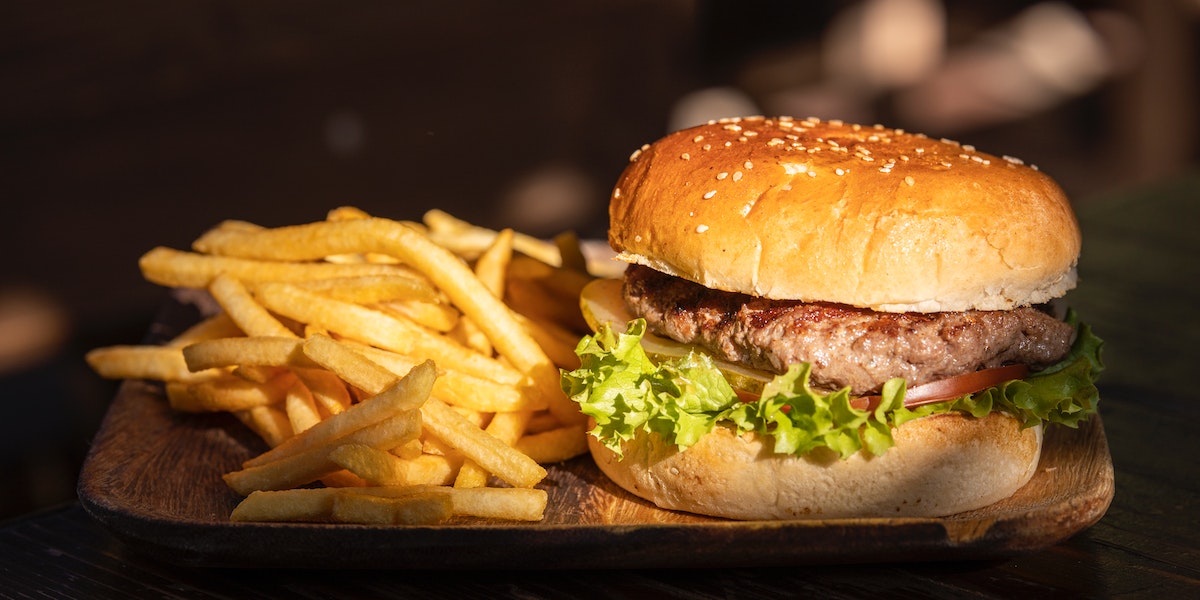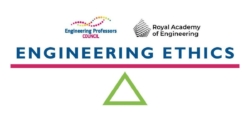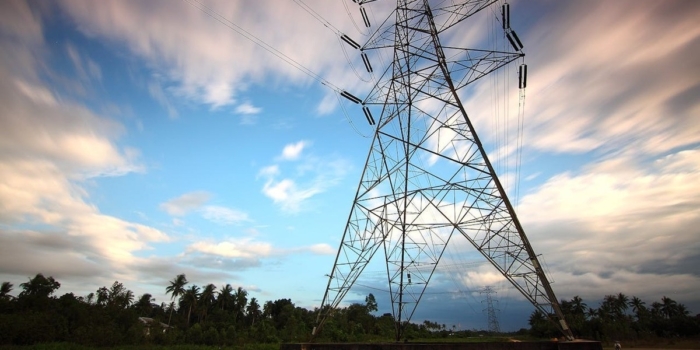 Could the shift of food production from soil to chemical industries concentrate power in the hands of a few? What public perceptions or cultural values might impact the acceptance or uptake of this technology?
Could the shift of food production from soil to chemical industries concentrate power in the hands of a few? What public perceptions or cultural values might impact the acceptance or uptake of this technology?
These are some of the questions posed in our advanced level Engineering Ethics Toolkit case study, Power-to-food technologies, which addresses the ethical issues of sustainability and social responsibility, and examines situations that professional engineers need to consider, such as public health and safety, reputation, falsifying data, and communication, with the educational aim of practising ethical reasoning.
Now, as well as the activities within the original case study, we have provided an expansion on one of the activities in the form of a Case enhancement, which asks learners for a deeper ethical evaluation of the technology and its impacts.
We’ve provided this, and other case studies and case enhancements for you to use and adapt in your teaching. If you’re new to ethics, we have a growing library of guidance articles available to support you, and an interactive Ethics Explorer to get you started.
Want to contribute your own content to the Ethics Toolkit? Get involved here.

 Could the shift of food production from soil to chemical industries concentrate power in the hands of a few? What public perceptions or cultural values might impact the acceptance or uptake of this technology?
Could the shift of food production from soil to chemical industries concentrate power in the hands of a few? What public perceptions or cultural values might impact the acceptance or uptake of this technology?


